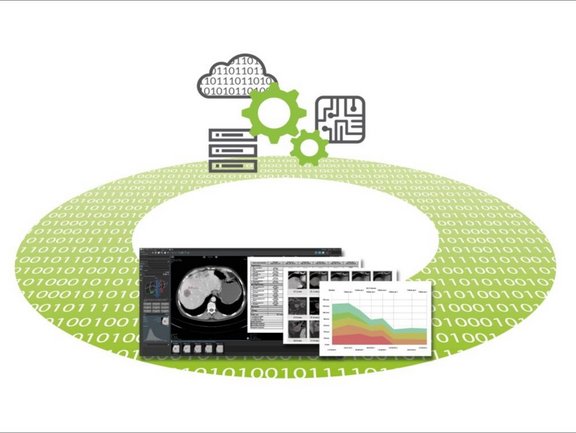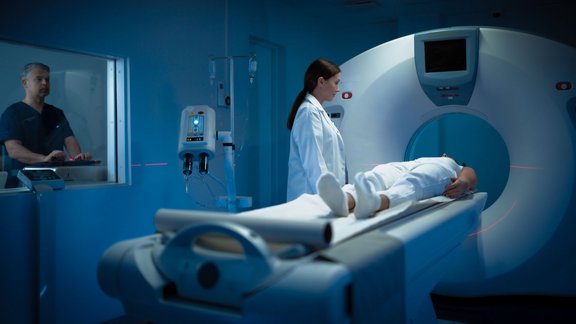Nowadays, it is not unusual for healthcare systems to use numerous clinical applications from different vendors. Most tend to prefer flexibility for own functionality over interoperability with other systems.
To alleviate that, the Fast Healthcare Interoperability Resources (FHIR®) created a set of rules on how health data is exchanged between clinical applications. It established capabilities that allow healthcare providers to access clinical health data at the source of truth at the right time in a standardized way, triggering new opportunities to improve patient care. The access to the patient’s complete, real-time health information expands the opportunities for communication and workflow improvement.
FHIR® “father”, Graham Grieve, affirmed in an interview1 that when it comes to interoperability, “we do not have an IT problem; we have an information management and a people problem”. He sees FHIR® not as a technology project, but as a people project. With the “right” people - clinical and IT champions - we started a FHIR® project in University Hospital Freiburg, Germany.
In an interactive and dynamic dialogue with the reader, image data of prostate cancer patients is assessed in mint Lesion in line with ACR® PI-RADS v2.1 guidelines. mint Lesion links all measured values to context data, integrating them into a digital model of the patient. Resulting information (e. g. PI-RADS score, index lesion, prostate volume, etc.) is called from FHIR® server and integrated into a clinical decision support system that collects information from various sources, assisting physicians in their diagnostic and therapeutic decisions along the clinical pathway. Physicians in multi-disciplinary boards and clinical departments are provided with a holistic overview of patient clinical status, which is key for personalized patient management.



